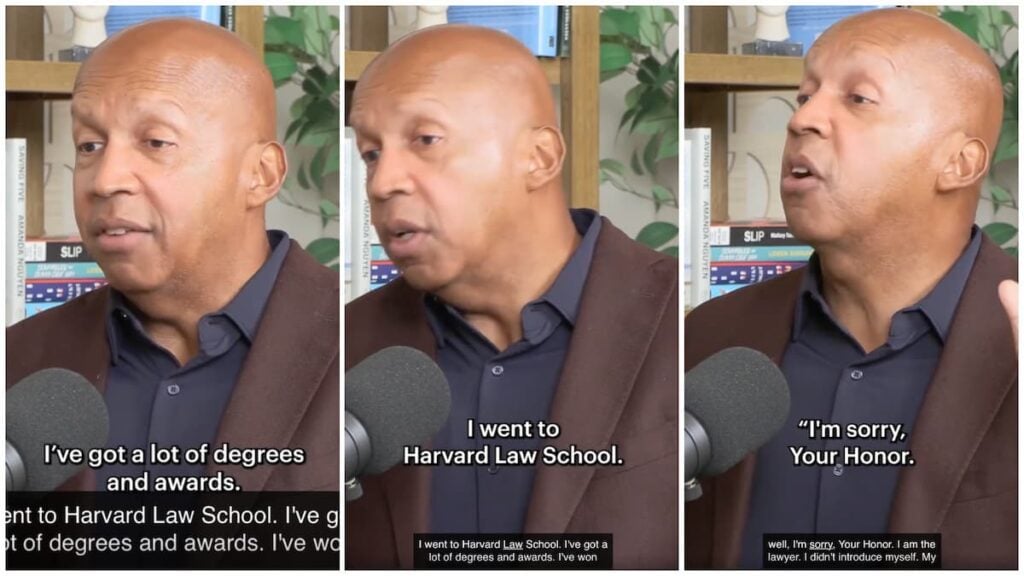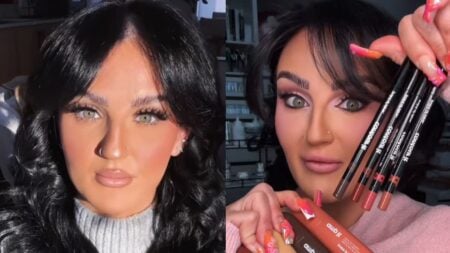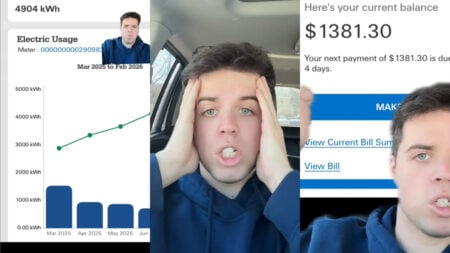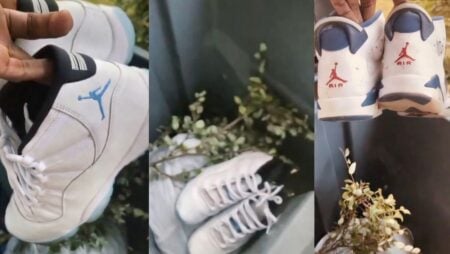Even though racism is widely considered socially unacceptable, it sadly still persists in almost every facet of modern society. Recently, an award-winning lawyer from Delaware, who won the National Humanities Medal in 2021 — Bryan Stevenson — shared a short snippet from an interview to TikTok. In it, he shed light on some of his experiences of racism throughout his lengthy career. Specifically, he highlighted how many judges he met would sometimes mistake him for being the defendant because he is Black. The fascinating clip is circulating online right now.
The video begins with the 65-year-old giving some background on his storied career, explaining, “I’ve got a lot of degree and awards. I’ve won cases at the US supreme court, and I’ve been in courtrooms representing clients, getting there early, sitting at defense counsel’s table where the judge would walk in and immediately get mad at me.” The reason why the judge would get mad? According to Stevenson, judges would often mistake him for the defendant rather than the attorney because he is Black.
Going further, Stevenson clarified, “The judge will look at me and say, ‘Hey, hey, you get back out there in the hallway. I don’t want any defendant sitting in my courtroom without their lawyer.’ And I have to stand up and say, ‘I’m sorry, Your Honor.’ I am the lawyer. I didn’t introduce myself. My name is Bryan Stevenson.”
In essence, Stevenson would have to attempt to “de-escalate the situation” politely and with respect to courtroom etiquette. Stevenson even uses a recent example to illustrate his point, stating, “I was in a courtroom in the Midwest, and the judge started laughing. But it wasn’t an apologetic laugh. And it kind of angered me. And the prosecutor started laughing. They thought it was so funny. And I was sitting there getting angry. And then I thought, ‘Oh no, Bryan, you can’t get angry. You need to smile. You may need to laugh.’ And I felt that way, I thought that way, because my client was not going to be able to leave that county. I was able to leave that county and never come back based on the way that I was treated. If I chose to do that. But my client was going to have to stay there.”
The next part is incredibly saddening, as he explains, “So when they were laughing, I smiled. And then I eventually chuckled. Client came in, we did the hearing, but I remember sitting in my car after that hearing thinking, wow, here I am this middle-aged Black man. I’m in my best suit. I’ve got all of these degrees and awards, and I’m still required to laugh at my own humiliation to do justice for my client. That’s not right. That’s not fair.”
Ending the clip, the Harvard University alum gave his thoughts on the challenges that Black people face day in, day out, saying, “And I’m getting old enough to know that when you have to constantly navigate presumptions of dangerousness and guilt because of your color, when you have to tell your children how to survive a police encounter, what to do and what not to do, how they can’t do the things their White friends can do because because they’re going to be burdened with this presumption, when you have to constantly navigate this world. It’s exhausting. And I want something better. I want something better for everybody. And that’s why the commitment to truth telling, the commitment to building institutions that helps us understand the harms of history is such a priority.”
As the video continues to make the rounds online, social media commenters chimed in with their thoughts on the insightful clip. Over on Reddit, one person explained how this is — in essence — how White privilege manifests itself in society, stating, “This is what white privilege is. The built in advantage to not go through this. In almost every aspect of society.”
A second thoughtful commenter believed that re-framing “White Privilege” as “Black Penalty” would help people understand the concept more effectively, declaring, “I almost think it’s easier to frame it as the “Black Penalty” Instead of trying to make touchy whites understand that they are privileged not to be treated this way which causes them to become defensive, maybe we can introduce the concept from the other direction. Blacks are born paying a penalty in their interactions with powerful institutions in American society. If you’re black there is a flag thrown on every play in your life. Maybe that little shift in messaging would help them to understand without feeling so immediately defensive.”
A further remark read, “This is so heartbreaking. He’s a complete gentleman and scholar.” while another chipped in with, “Ugh. This is so well articulated, and gut wrenchingly frustrating.”
This video is a powerful reminder of the everyday challenges Black people continue to face, and how far we still have to go to end racism in all shapes and forms.








